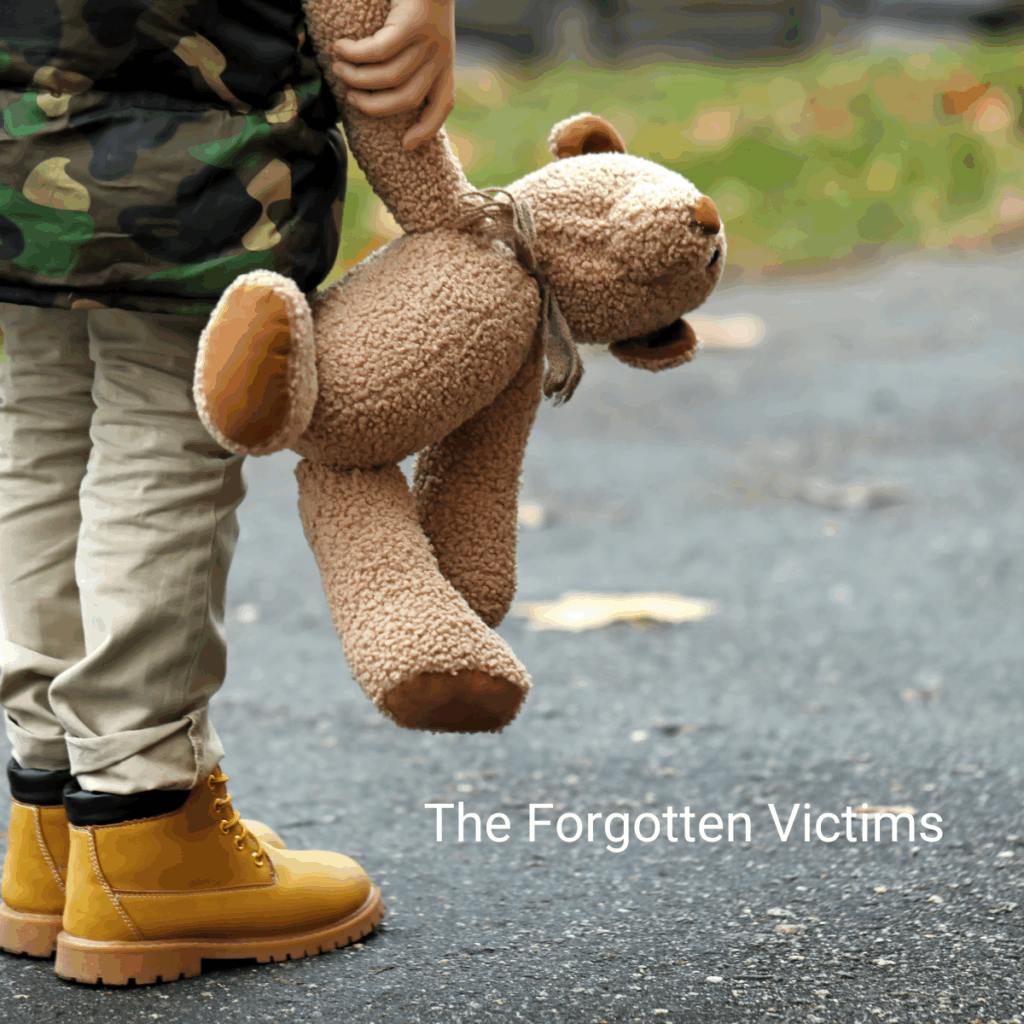Illegal Surrogacy in Vietnam & the Forgotten Victims: The Children
In April 2021, police in northern Vietnam arrested two women for allegedly connecting intended parents and surrogates for commercial purposes. Another extensive raid occurred in July 2025. Authorities found 11 babies, arrested three Chinese intended parents who had come to collect their newborns, and detained several recruiters and agency staff. The babies were placed into the care of the Vietnam Women’s Union’s Centre for Women and Development. No official word has been given on whether these children will remain in Vietnam or be reunited with their intended parents abroad. To date, there’s no evidence that the infants from the 2021 case ever left the country.
The Fate of These Children
While media attention focuses on arrests and legal ramifications, the real tragedy lies in the lives of the children. Born into arrangements seemingly meant to create families, they now face the prospect of spending their childhoods as wards of the state. They will be separated from their families of origin, denied the warmth of siblings, cousins, or grandparents. These children may grow up in a country they don’t understand, with no ties to it culturally or emotionally. This is a grievous ethical failure.
A Stark Precedent: Cambodia’s Surrogacy Crackdown
The uncertainty facing the Vietnamese infants echoes a 2020 case in Cambodia. A Chinese national, Xu Wenjun, was sentenced to 15 years in prison when he tried to take home his biological son, born via surrogacy. The surrogate, Hun Daneth, was given an impossible choice: raise the baby herself or face 20 years in prison. She is currently raising her son and a little boy she calls China.
Cambodia has used human trafficking laws to enforce its 2016 ban on surrogacy. With no clear legal framework and no protections for intended parents, surrogates, or children, the human cost is devastating.
Why This Matters So Deeply
These scenarios expose a profound ethical crisis:
-
Innocent children suffer the most. They are collateral damage in systems designed to prevent exploitation, yet those same systems can consign them to loneliness and institutional care.
-
Legal protections collide with human realities. While laws must protect surrogates from coercion and commercial exploitation, they should also prevent children born without fault from being trapped in limbo.
-
Families are torn apart. The connection between child and intended parents is broken, often permanently, with lifelong consequences for everyone involved.
What Must Change
We must urge thoughtful reform that balances two essential priorities:
-
Safeguard surrogates from exploitation, maintaining clear, enforceable rules for ethical surrogacy.
-
Protect children’s right to family life, offering legal avenues to preserve bonds with their intended parents when there was no coercion or harm.
For the Vietnamese children and countless others worldwide, this is not just a policy issue. It is a plea for humanity, for the reunification of families. Do not force these children to grow up as “wards” of the state when they could be beloved members of the families they were intended for.
By all means, punish the professionals from IVF doctors to attorneys and every staff member or recruiter involved, but do not make victims out of innocent children.


